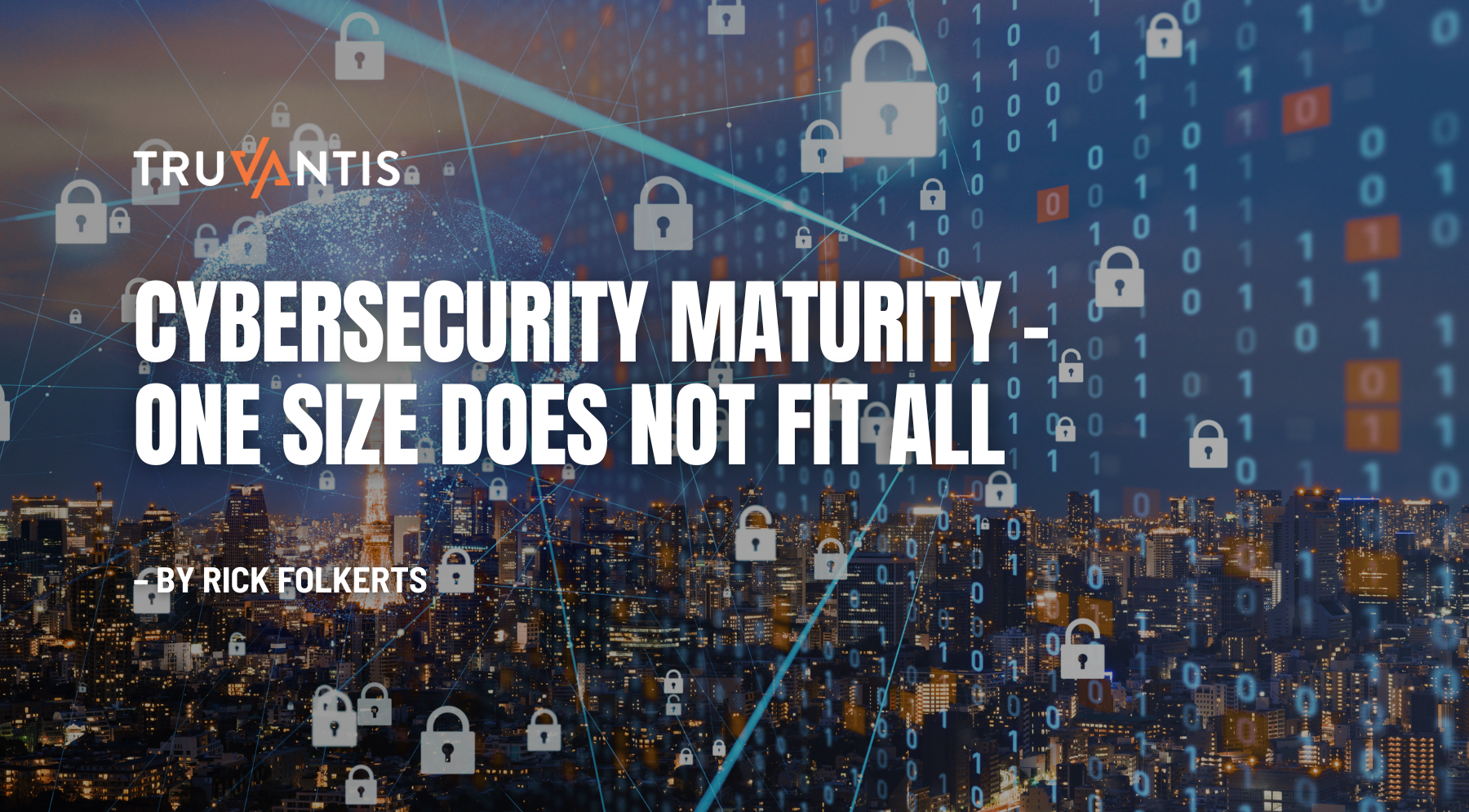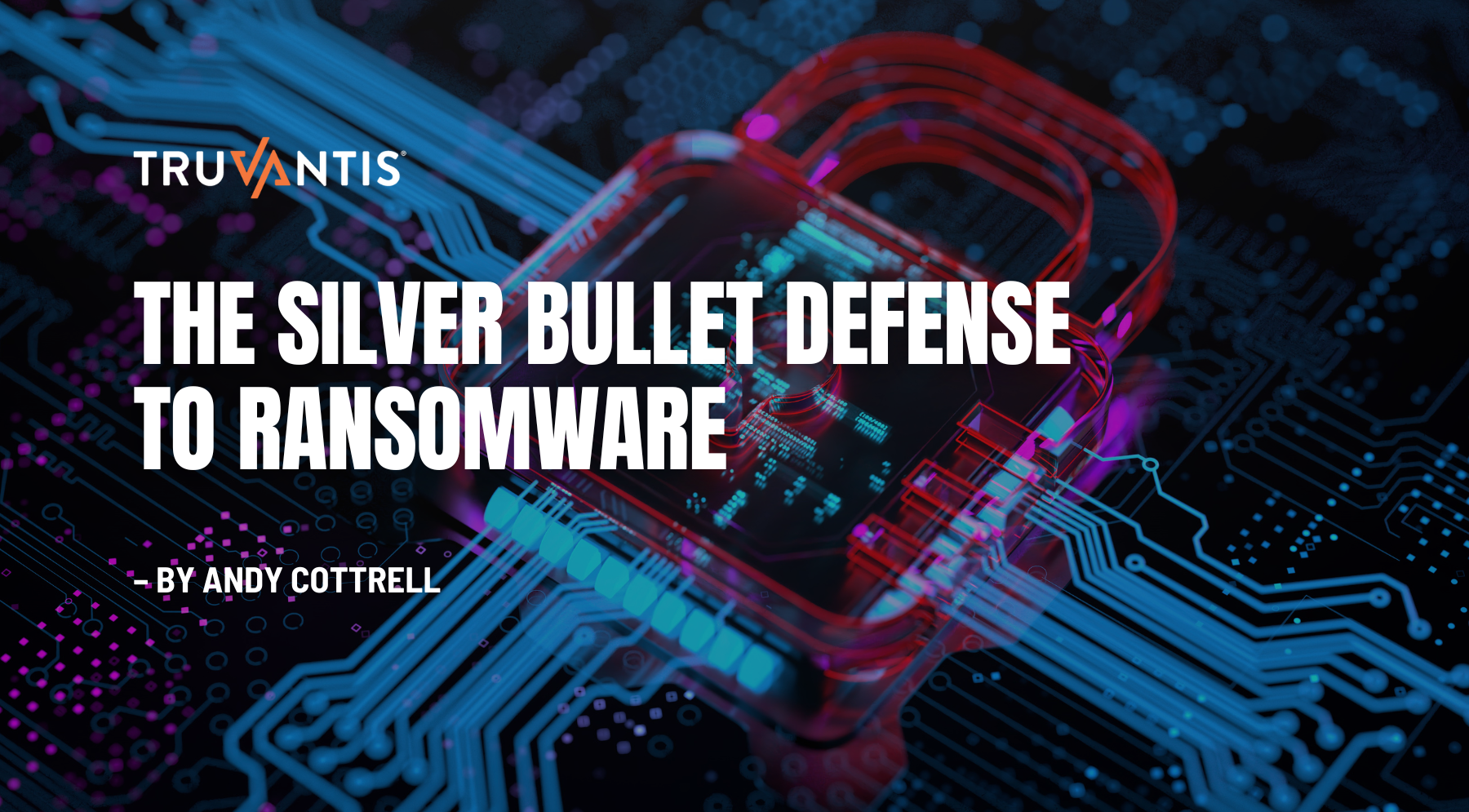Though the use of security risk assessments is widespread, often because they are mandated by compliance standards, there are a number of false assumptions about them that simply aren’t true. These misconceptions often center around confusion about what a risk assessment really is, or a general lack of understanding of the process itself.
That’s why we’re here to debunk common myths about risk assessments— to ensure you see the true value of conducting this important security measure. Here are seven inaccurate assumptions about risk assessments:
Myth 1: “Risk assessments are too time-consuming and resource-draining.”
Many companies assume that conducting a risk assessment would disrupt their employees’ workflow. After all, they think, the employees will need to spend vast amounts of time gathering the necessary information and sitting in endless team meetings.
But when done efficiently, a risk assessment will not pull your valuable workers from their daily tasks. With the help of a seasoned risk assessment professional, you can precisely extract all the information needed without much impact on your team.
Myth 2: “Risk assessments aren’t really that valuable; organizations just do them because they ‘have to’ or for show.”
It’s not uncommon for organizations to conduct risk assessments solely to check off a compliance box. Even though these regulatory requirements for PCI DSS, SOC2, HIPAA, etc. are in place for critical reasons, companies can too easily see risk assessment as a necessary chore instead of seeing the true value of the analysis.
However, they are required by these standards for good reason— they should be extremely valuable.
If at the end of the assessment, the company just receives a heatmap or a few summary reports then without the proper detail an analysis they can be absolutely useless! But the right assessment experts will explain every part of their findings so that you can leave with clear, actionable recommendations for mitigating potential threats and reducing risk. Very valuable results, indeed.
Myth 3: “Risk assessments are only going to tell you things you already know.”
You may already be aware of certain vulnerabilities, though your team simply doesn’t have the resources, time or money to remedy them. Or, you may think that everything is fine , and you have no risks to worry about.
However, both your IT infrastructure and external threats are constantly changing. Hackers are getting craftier, current security measures becoming outdated and best practices for protecting your assets ever-evolving. If you say a risk assessment won’t reveal new information, you misunderstand the process. Regular assessments can help you keep up with changes and maintain proper security.
Myth 4: “Risk assessments are very expensive.”
The cost of your company’s risk assessment will vary based on the complexity and scope of analysis — which you can dictate. After evaluating your assets and exposing your potential vulnerabilities, you are in control of prioritizing action to address your risks.
Some businesses assume that once your risks are identified, they must all be handled at once, which would indeed elevate expenses. With the guidance and expertise of risk assessment experts, however, you’ll determine which issues require immediate attention and assign a value to each threat’s possible damage.
One thing is for sure: the cost of a breach will be more than the cost of a risk assessment.
Myth 5: “Risk assessments are a waste of time if I have good security.”
Some companies believe they have an excellent IT department— and that they’re completely protected. While it’s nice to have confidence in your team, you’re never 100% safeguarded, and believing a risk assessment isn’t valuable even if you have security measures in place is naive.
An outside expert perspective can help to identify vulnerabilities, determine the likelihood of threat scenarios and help to project the impact of exploitation. In this way, RAs help you to think ahead about what could happen, and to prepare for otherwise unforeseen security holes.
Myth 6: “My IT manager needs to understand all the mechanics of our infrastructure inside and out. It’s just too complicated for us to do.”
While your IT team may be doing an excellent job, they may lack the knowledge or resources necessary to conduct a proper risk evaluation.
Your IT team doesn’t need to know all the mechanics. That’s because you don’t have to conduct a risk assessment alone. Your IT department can work hand-in-hand with an external expert to run a risk analysis, making the process seamless and easy.
Myth 7: “I need to find a local partner to help with my risk assessment.”
Risk assessments can’t be done remotely, right? Wrong. Some businesses assume that they have to get a risk evaluation done by a local IT specialist, but that’s not true. Risk assessment can be done virtually, so long as the experts have online access to your servers and resources.
Why limit yourself to the IT providers within a certain radius of your business when you can get a reputable source across the country, who can do the job better? When searching for a risk analysis company, don’t limit yourself to your ZIP code; branch out in search for the best.
Leave it Up to the Experts
A high quality risk assessment will help you to reveal your potential vulnerabilities and to prioritize how you’ll address them.
Get the most out of your next risk assessment with our expert advice, and begin preparing to streamline the process for the future.
Let us do the rest. Here at Truvantis®, our IT security experts are here to make it easy. Contact us today.
Then, what do you do after a security risk assessment has been performed?
Learn what you can do with all of the valuable information you get with a free copy of our whitepaper, 6 Steps to Get Real Value out of Your Security Risk Assessment.
Click the button below to get your copy today.


.png)






.png)
